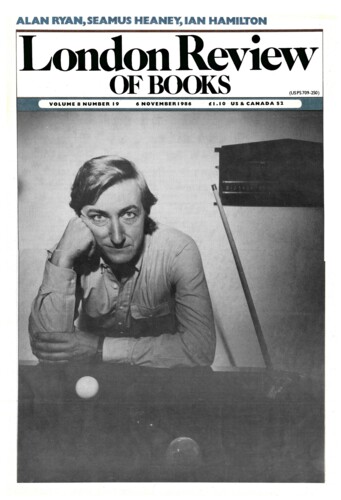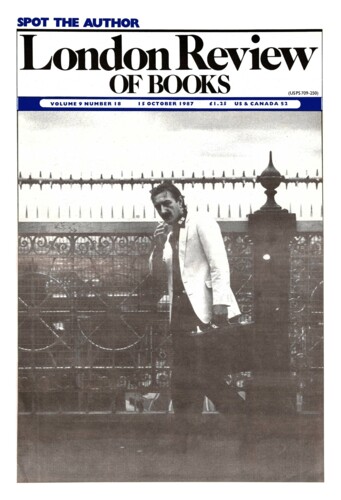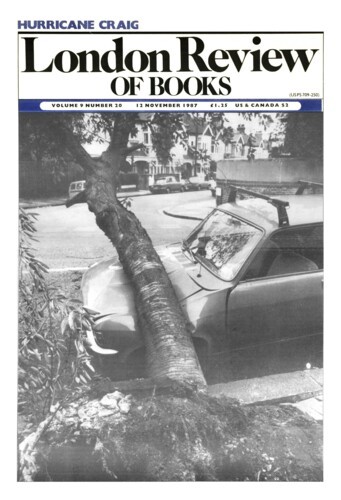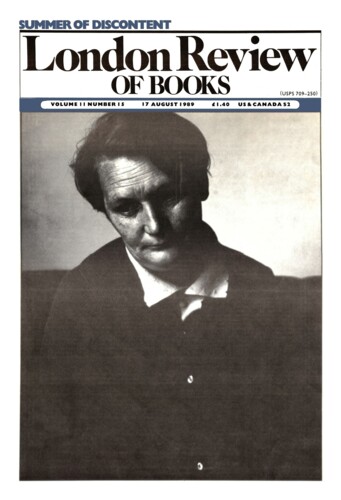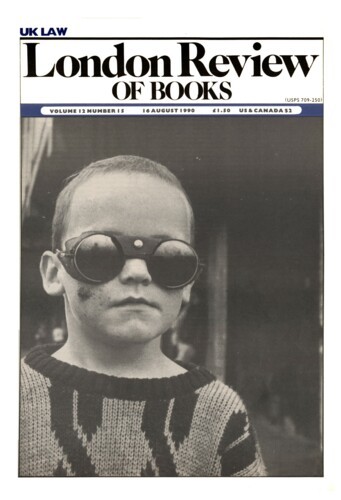Thinking Women
Jane Miller, 6 November 1986
I have been reading the Twentieth Century’s special number on women, which is pink with a palely gleaming Mona Lisa on its cover. It’s odd that I’ve not read it before, since it came out in August 1958 and contains what could be described as my first appearance in print. The actual copy I have belonged to Betty Miller, and it is in her article, which is called ‘Amazons and Afterwards’, that I appear, anonymously and representatively, as Afterwards. The journal’s editorial includes me too, as one of the pony-tailed generation of young women, clones of Francoise Sagan and Brigitte Bardot, who showed no interest in ‘women’s civic rights’.
